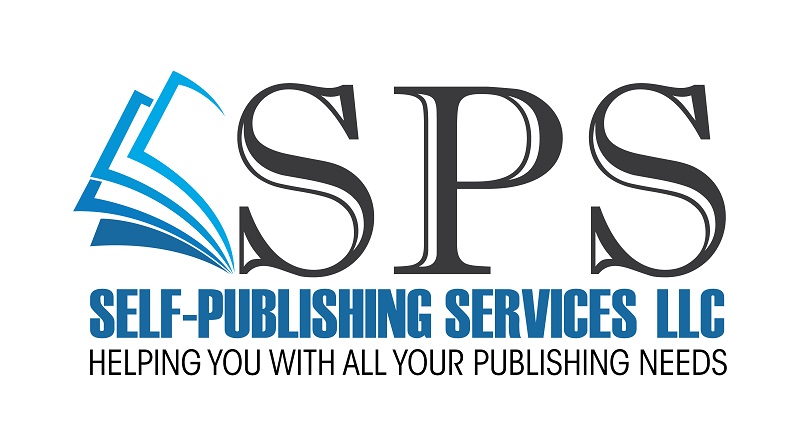Making the most of your convention dollar
It’s a fact. Conferences are costly—in time and money. And many people use that fact to avoid going.
That likely isn’t your best move.
Where else can you learn so much about how to improve your craft and your business, meet so many people who are interested in the same thing you are, and so easily connect with legends in your field?
But, to make any of this work, you must be prepared. So…
BEFORE YOU GO
Put together an action plan: Whether you’ve spoken at the conference you’re attending before, or you’re a newbie, you’ll want to do more than figure out what you’re going to wear. An agenda can help keep you focused. What sessions do you want to attend? Which agents and editors do you want to pitch (and is your pitch ready)? How are you going to take notes?
Set up meetings. Get in touch with your favorite people and use your favorite social media outlets to let others know of your plans.
Business cards and more: You’ll want oodles of business cards. If you’re promoting your business, you might put together a one-sheet explainer. And if there are promotional opportunites, get something for that. Pens, keychains, and emery boards are common.
Get involved: Conference organizers are always looking for help, and you might even benefit from your do-gooding. Not only do you get all the feels, but you’ll get known (in a good way, of course) and get a closer look at the conference’s workings.
WHILE YOU’RE THERE
First-timers: Many conferences arrange for mentors for newbies, while others have orientation meetings. Take advantage.
Network: Remember that action plan? You left room for flexibility, right? Most of the business of conferences occurs between speakers, at dinners, and over drinks. You don’t want to miss those opportunities.
Take notes: You’ll be peppered with information, and you won’t remember it all, so take notes. And, for the same reason, make notes on the business cards you get.
Put your phone away: Nothing says not interested like checking your phone during a conversation. Those emails and texts and calls will wait.
Take time for yourself: When conference fatigue strikes, taking half an hour in the gym or the tub can help get you back up and running.
Look for opportunities to partner up: Whatever career stage you’re in, a partner can help. Who doesn’t want a new beta reader, to be part of an anthology, or to share referrals?
AFTER YOU LEAVE
Do what you said you would: Agents and editors complain that only a fraction of the people who promise to send them manuscripts actually do so. Be part of that fraction.
Give feedback. If you wanted more information about marketing and less about plotting, let the conference organizers know. You’re probably not alone in your thoughts, but the organizers have no way of knowing what you and your friends think unless you tell them.
Make an action plan: Take the ideas you collected in your notes and put them into practice. Then do whatever it takes to turn them into habits: send reminders, post notes, or develop an action plans. Six months down the road, you’ll thank your former self.
Say thank you. Drop a note of thanks to anyone who stood out: a conference organizer, a speaker, a particularly helpful attendee. Everyone likes to be thanked.
Connect with your new friends. Use that stack of business cards, and the conference program, and whatever else you squirreled away to hook up on LinkedIn or Facebook or the social media channel of your choice. Or you can send an email. You can even pick up the phone.
If one of your action items is to investigate self-publishing, please feel free to contact us. The details: (406) 209-9953, SelfPublishingServices at gmail.com, or www.Self-Publishing-Service.com.
